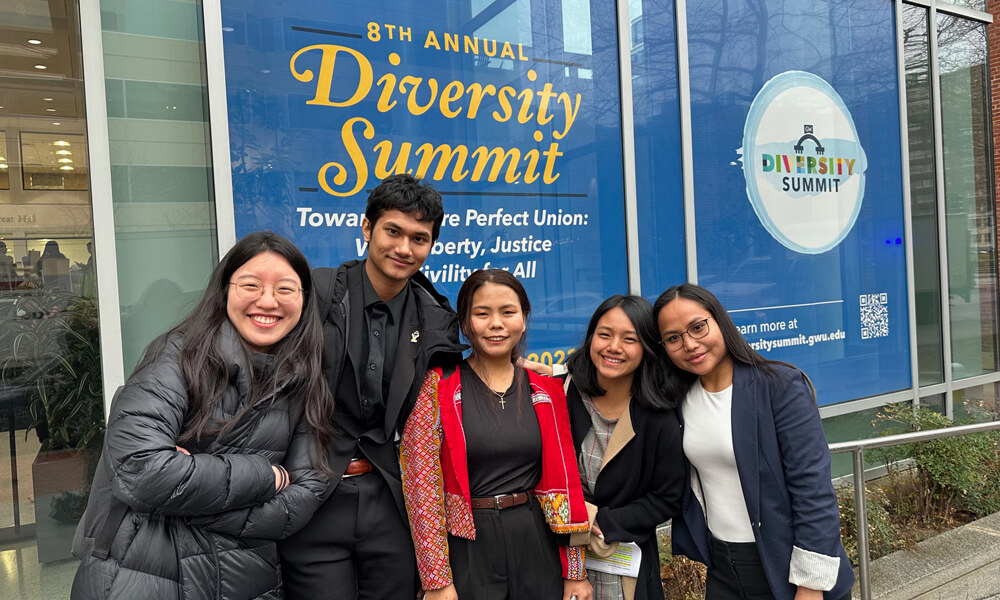Clarkston, a small town near Atlanta, has gained the nickname “the Ellis Island of the South” due to the many refugees who have found a home there after fleeing war, political persecution or other humanitarian crises.
Today half of the city's 14,000 residents are foreign-born and hail from over 50 countries across six continents.
The city has become a special place for Jihae Cha, an assistant professor of international education at the George Washington University’s Graduate School of Education and Human Development.
For the past decade, Cha has focused much of her research on education in emergencies and protracted crises with the goal of exploring both challenges and opportunities that exist in education for youth in exile.
In 2017, Cha first heard about Clarkston’s efforts to assist families newly resettled in the United States. Curious, she headed to the city. Cha said when she goes into the field to conduct research, she doesn’t always go in with research questions or a specific agenda in mind. Especially in this case, Cha wanted to let the people she met define the story.
“I wanted to go in with an open mind to listen to them,” Cha said. “It's just so fascinating when we think of refugees, we only perceive them as vulnerable and passive – people who are often the recipients of aid without much personal or communal agency. But when you go and see how they're living, they're very active and resilient. They have their own goals and aspirations. They have richness in the culture. Sometimes, they are the agents of change.”
While in Clarkston, Cha volunteered at a summer camp for children of refugee families ranging in age from kindergarten to high school students.
Over the summer of 2022, Cha once again headed to Clarkston and spoke with various nonprofit organizations that serve the refugee community. That’s when Cha met Meh Sod Paw, who was born in a refugee camp in Thailand and grew up in Clarkston. Paw shared her desire to explore her ethnic identity as a Karen through storytelling.


